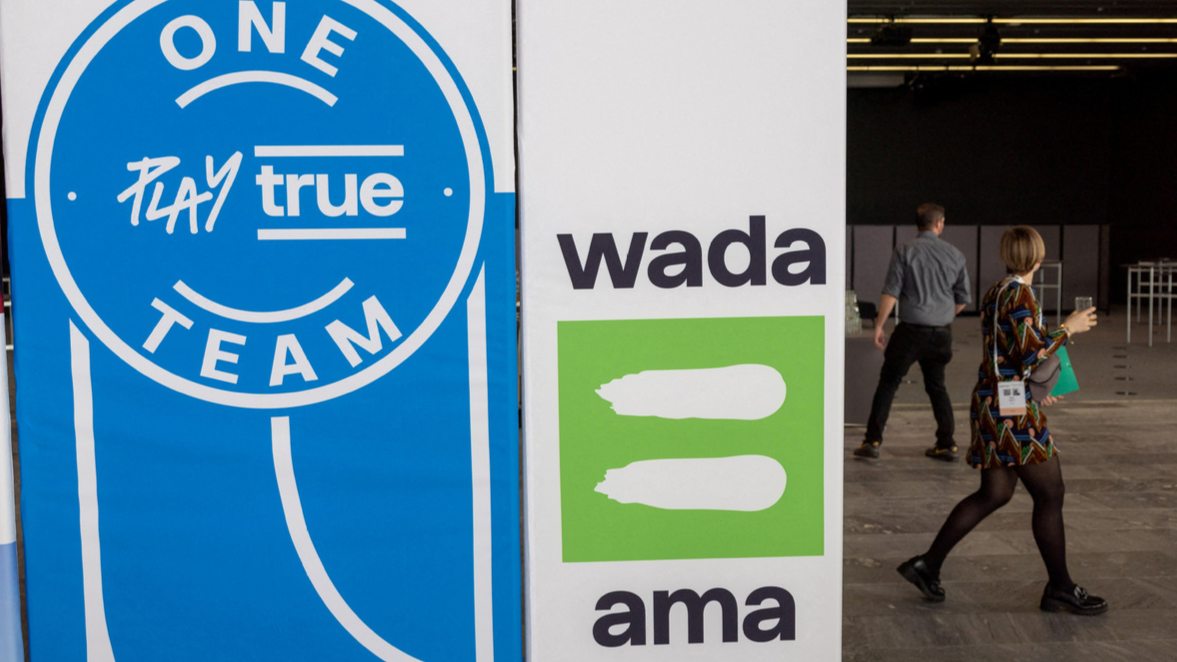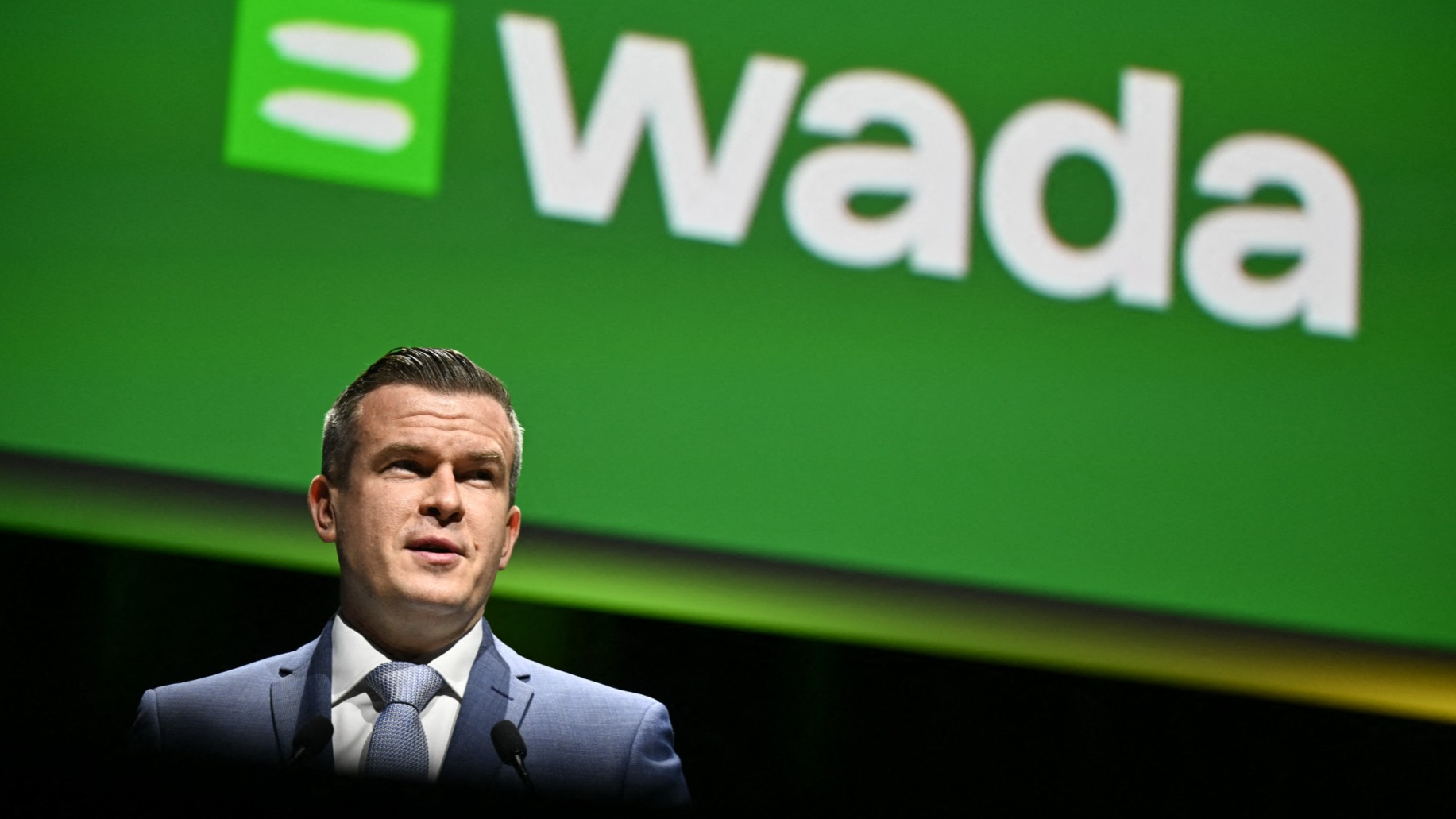
MONTREAL, Canada - The World Anti-Doping Agency (WADA) was found to have shown no bias toward China, and its decision not to appeal cases was deemed reasonable, according to the final report of an Independent Prosecutor released on Thursday.
The final report, presented virtually to WADA's Executive Committee by Independent Prosecutor Eric Cottier, reviewed WADA's handling of the China Anti-Doping Agency's no-fault contamination cases involving Chinese swimmers in 2021.
"I am pleased to confirm that my conclusions, which were published via my interim report on July 9, have not changed. The information in the file shows that WADA has done its work autonomously, independently and professionally, and that there is no evidence to the contrary. WADA has applied the rules to which its activity is subject," Cottier said in his opening remarks to the ExCo.

WADA President Witold Banka said: "We especially welcome Mr. Cottier's suggestion that we look at the rules concerning group contamination. These Chinese swimming cases reflect the inherent difficulty of dealing with cases of alleged contamination. With laboratories now able to routinely detect tiny concentrations of prohibited substances in the millionth or even billionth of a gram range, many of the adverse findings are theoretically compatible with trace, inadvertent contamination. Contamination scenarios, including very intricate and seemingly improbable ones, are being accepted more and more readily by tribunals."
ALSO READ: China Anti-Doping Agency ready to cooperate with WADA in regular compliance review
Cottier was appointed on April 25 by the ExCo and tasked reviewing WADA's handling of the 2021 Chinese swimmers contamination case.
Cottier delivered an interim report on July 9, which concluded that WADA had acted without bias and handled the case reasonably.

New prohibited list approved
Also on Thursday, the ExCo approved a new list of prohibited substances and methods aimed at strengthening the global anti-doping system.
During its third meeting of the year, held in Belek, Türkiye, the ExCo approved the 2025 List of Prohibited Substances and Methods, which outlines substances and methods prohibited under the World Anti-Doping Code, according to a news release issued by WADA.
The ExCo also approved the inclusion of substances in the 2025 Monitoring Program. This program includes substances not on the List but which WADA monitors for potential patterns of misuse in sports, the release showed.
There will be a limited number of modifications to both documents, which are set to be published before October 2024 and take effect on Jan 1, 2025, according to the release.
READ MORE: WADA says education first, eyes drug-testing in esports future
Additionally, the Shanghai Anti-Doping Laboratory was approved to conduct blood analyses exclusively in support of the Athlete Biological Passport (ABP).
Following a review process led by WADA's Science Department and Laboratory Expert Advisory Group, it was determined that the laboratory successfully completed the necessary technical and administrative steps required for WADA ABP approval, as established in the International Standard for Laboratories, the release said.


